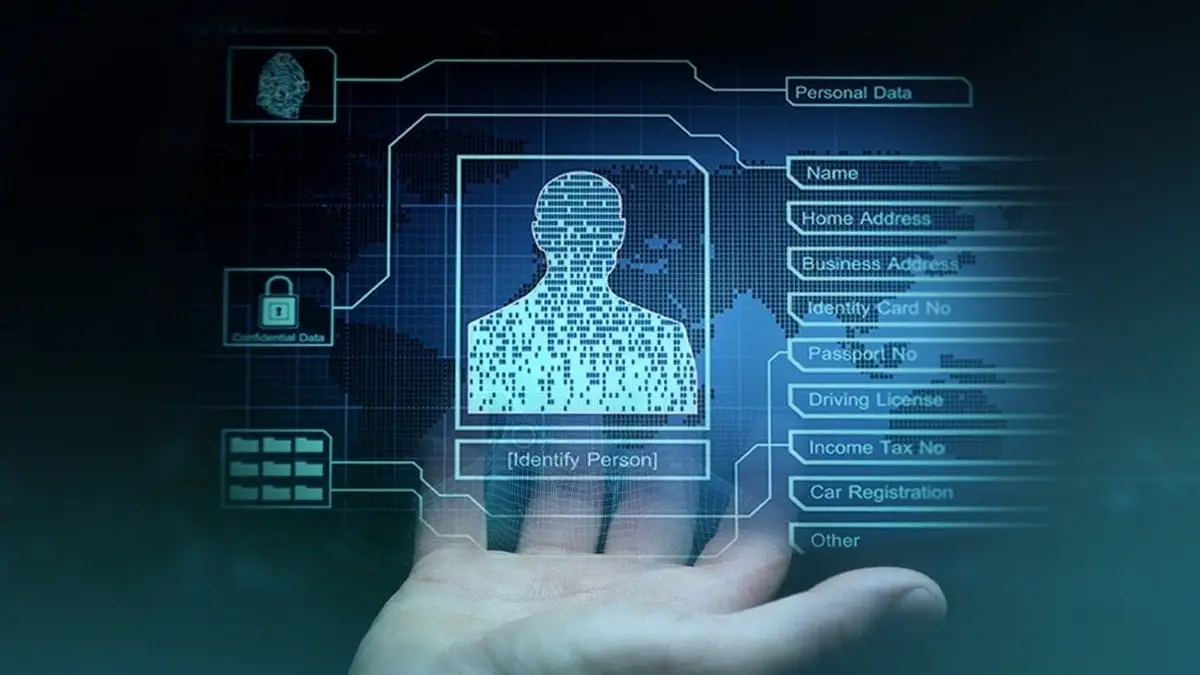In a significant step toward digital transformation, Vietnam’s Ministry of Public Security has launched a 50-day campaign to issue Level-2 digital identity accounts to foreign nationals residing, working, or studying in the country. Running from July 1 to August 19, 2025, the initiative targets those with permanent or temporary residence cards, aiming to streamline administrative processes and enhance state management. Beyond mere convenience, this move reflects Vietnam’s broader ambition to position itself as a transparent, secure, and digitally advanced nation amid growing international integration.
A Digital Leap for Foreign Residents
Vietnam has seen a steady rise in the number of foreigners entering the country for work, study, and travel. As the nation deepens its global ties, the demand for efficient access to public administrative services has grown. The introduction of Level-2 digital identity accounts addresses this need by allowing foreign nationals to complete bureaucratic tasks online, reducing paperwork, minimizing in-person interactions, and saving time. Whether it’s banking transactions, rental registrations, or accessing public services, the accounts—integrated with the VNeID application—offer a one-stop digital solution.
The accounts also store electronic versions of essential documents, such as residence cards, ensuring authenticity and protecting legal rights during foreigners’ stays. For many, this marks a welcome shift from Vietnam’s traditionally paper-heavy processes. A foreign resident in Hanoi, who recently navigated the system, expressed relief at the change, noting the ease of managing documentation through a single app. While individual experiences vary, the policy’s intent is clear: to create a seamless, user-friendly administrative experience.
Eligibility for the program includes all foreign nationals with valid residence cards, though specific conditions apply. Those under 14 or with legal guardians must be accompanied by a representative during registration. Importantly, the service is free of charge, with processing times ranging from three to seven working days, depending on whether biometric data already exists in the national immigration database. Notification of results is delivered via the VNeID app, mobile number, or email, ensuring accessibility even for those less tech-savvy.
How It Works: A Step-by-Step Process
The registration process, outlined in Decision No. 5349/QĐ-BCA-C06, is straightforward but requires in-person attendance at immigration offices under the Ministry of Public Security. Applicants must present a passport or internationally valid travel document and complete the Digital Identity Account Registration Form (Form TK01, attached to Decree No. 69/2024/NĐ-CP dated June 25, 2024). This form captures personal details, including a verified mobile number and email address, alongside any additional data the applicant wishes to integrate into the system.
Once submitted, officers input the information into the digital identity and authentication system, collecting facial images and fingerprints for verification against the national immigration database. After confirming the applicant’s consent, the immigration authority forwards the request to the electronic identity management agency for account creation. The final step—notification of approval or rejection—is communicated digitally, aligning with the program’s tech-forward ethos.
While the process appears streamlined on paper, challenges remain. Not all foreigners may have immediate access to immigration offices, particularly those in rural areas or with limited mobility. Additionally, the requirement for biometric data collection could raise privacy concerns among some applicants, though the government has emphasized the security of the system. As the campaign unfolds, its ability to address these logistical and ethical hurdles will be closely watched.
State Management and Security Benefits
For the Vietnamese government, the digital identity initiative is more than a convenience—it’s a tool for enhanced governance. By creating a unified “digital profile” for each foreign national, authorities aim to improve identity verification, residency management, and the prevention of violations. This centralized database, managed by the Immigration Department and the Department of Administrative Management of Social Order, allows for real-time monitoring and swift response to potential issues, bolstering national security.
At the same time, the policy aligns with Vietnam’s broader digital transformation goals, a priority under the current administration. The government has framed the initiative as a dual-purpose effort: strengthening state control while offering foreigners a safer, more transparent experience. If successful, the program could serve as a model for other administrative reforms, potentially extending similar digital tools to Vietnamese citizens in the future.
Yet, the balance between security and privacy remains a point of contention. While the Ministry of Public Security has assured users of data protection, skepticism persists about how biometric and personal information will be stored and used. Without transparent safeguards, there is a risk—however speculative—that such data could be misused or accessed without consent. As the campaign progresses, building trust in the system will be critical to its long-term success.
Context in Vietnam’s Digital Transformation Journey
The digital identity campaign for foreigners is a microcosm of Vietnam’s larger push toward a digital economy and society. Over the past decade, the government has invested heavily in e-governance, with initiatives like the National Public Service Portal and the VNeID app gaining traction among citizens. Extending these tools to foreign nationals signals Vietnam’s intent to integrate its growing expatriate community into this digital ecosystem, fostering inclusivity while maintaining oversight.
This move also comes at a time when Vietnam is keen to boost its image as a destination for international talent and investment. By simplifying administrative hurdles, the government hopes to attract more skilled workers, students, and tourists, positioning the country as a modern, tech-savvy hub in Southeast Asia. Compared to neighbors like Thailand or Malaysia, where digital services for foreigners remain limited, Vietnam’s proactive stance could provide a competitive edge.
However, the initiative is not without broader implications. Digitizing identity systems on this scale requires robust cybersecurity measures to prevent breaches or misuse. A single vulnerability could undermine public confidence and expose sensitive data, a concern that has plagued similar programs worldwide. While no evidence suggests such risks are imminent in Vietnam, the government must remain vigilant as it scales up its digital infrastructure.
Regional and Global Comparisons
Vietnam’s digital identity program for foreigners places it among a growing number of nations adopting technology to manage immigration and residency. Estonia, often hailed as a pioneer in e-governance, offers a comparable model with its e-Residency program, allowing foreigners to access digital services remotely. Singapore, too, has integrated digital identities into its Smart Nation initiative, though its focus remains largely on citizens rather than expatriates.
In the Southeast Asian context, Vietnam’s approach stands out for its ambition. While countries like Thailand have introduced online visa applications, few have rolled out comprehensive digital identity systems for foreigners. If Vietnam can execute this campaign effectively, it may set a precedent for the region, encouraging others to follow suit. Yet, disparities in technological access—particularly in less urbanized areas—could limit the program’s reach compared to more developed nations.
Globally, the trend toward digital identities raises questions about data sovereignty and cross-border cooperation. As more countries adopt such systems, the need for interoperable standards becomes apparent. Could Vietnam’s digital profiles for foreigners one day link with international databases, facilitating seamless travel or work across borders? While this remains speculative, the potential for such integration underscores the forward-thinking nature of the current policy.
Challenges and Future Outlook
Despite its promise, the 50-day campaign faces practical obstacles. Awareness of the program may be limited among foreign communities, particularly those without strong ties to local networks or fluency in Vietnamese. Outreach efforts will be crucial to ensure widespread participation, as will addressing language barriers at immigration offices. Additionally, technical glitches in the VNeID app or database mismatches could frustrate applicants, risking perceptions of inefficiency.
Looking ahead, the success of this initiative could pave the way for further reforms. Expanding digital identity accounts to include more services—such as healthcare access or tax filings—might be a logical next step. Equally, lessons learned from this campaign could inform similar efforts for Vietnamese citizens, many of whom still rely on physical documents for basic transactions. The government’s ability to adapt based on feedback will determine whether this marks a true turning point in administrative modernization.
For now, Vietnam’s digital identity push for foreigners represents a bold experiment in governance and technology. As the campaign unfolds through mid-August 2025, its impact on both expatriates and state management will offer valuable insights into the nation’s digital future. Whether it can balance convenience, security, and trust remains an open question—one that will shape Vietnam’s trajectory as a digitally integrated society.















